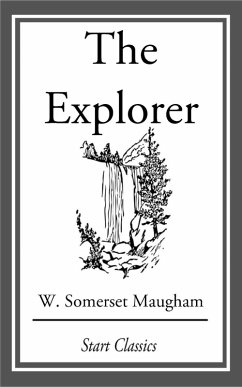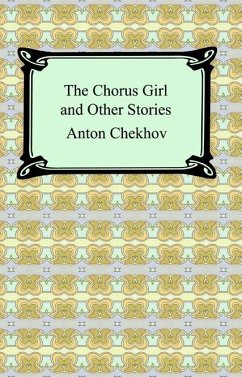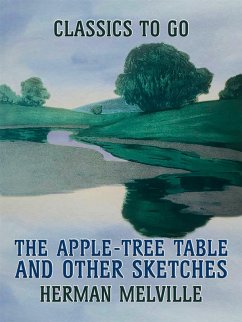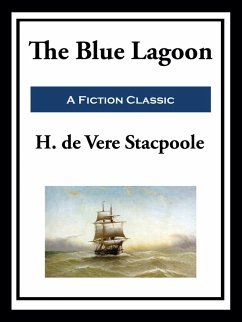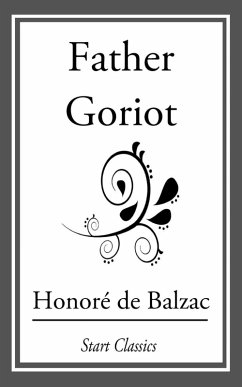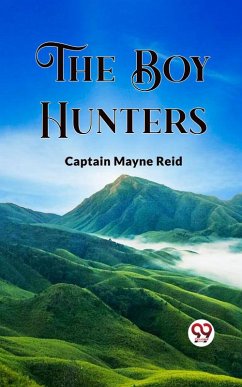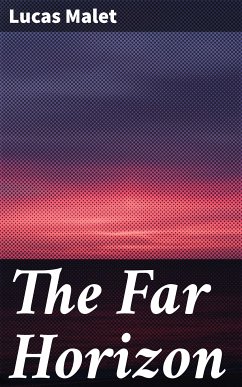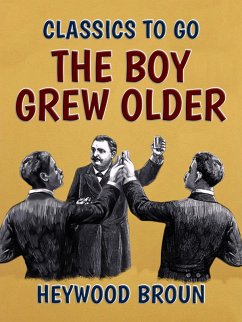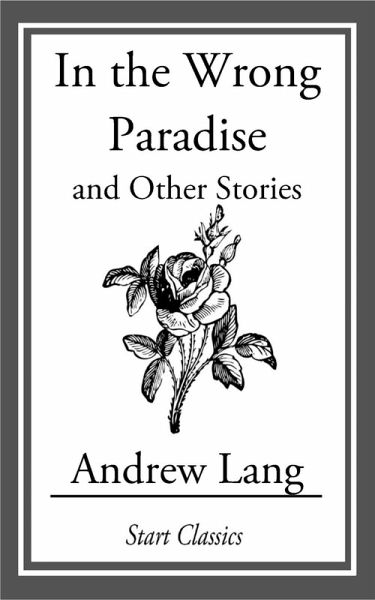
In the Wrong Paradise (eBook, ePUB)
And Other Stories
Versandkostenfrei!
Sofort per Download lieferbar
1,97 €
inkl. MwSt.
Weitere Ausgaben:

PAYBACK Punkte
0 °P sammeln!
The End of Phæacia In the Wrong Paradise A Cheap Nigger The Romance of the First Radical A Duchess's Secret The House of Strange Stories In Castle Perilous The Great Gladstone Myth My Friend the Beach-Comber
Dieser Download kann aus rechtlichen Gründen nur mit Rechnungsadresse in A, B, BG, CY, CZ, D, DK, EW, E, FIN, F, GR, HR, H, I, LT, L, LR, M, NL, PL, P, R, S, SLO, SK ausgeliefert werden.




